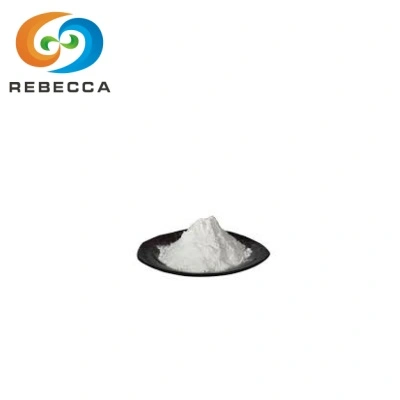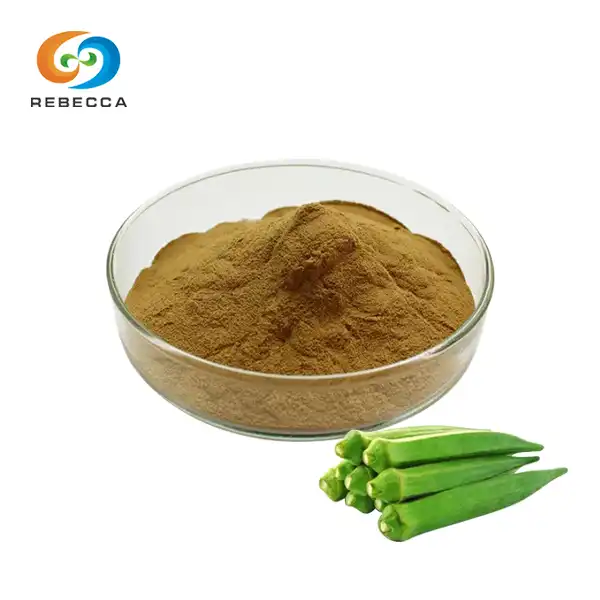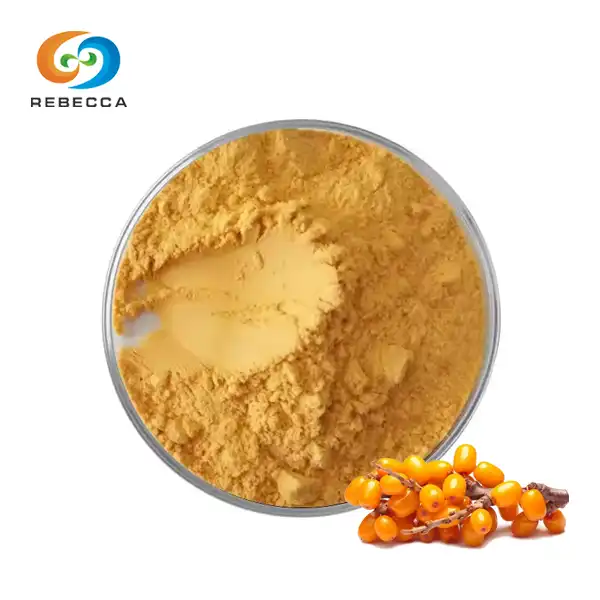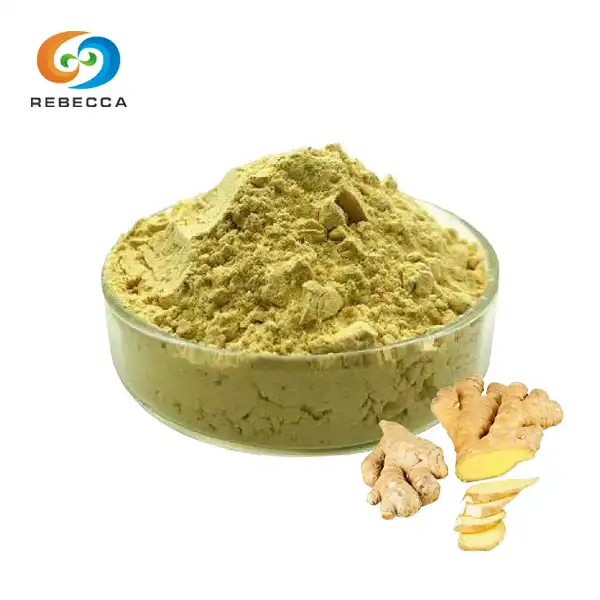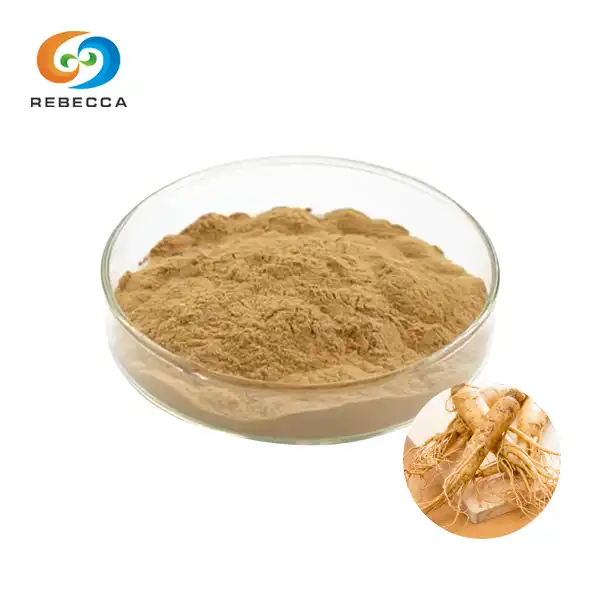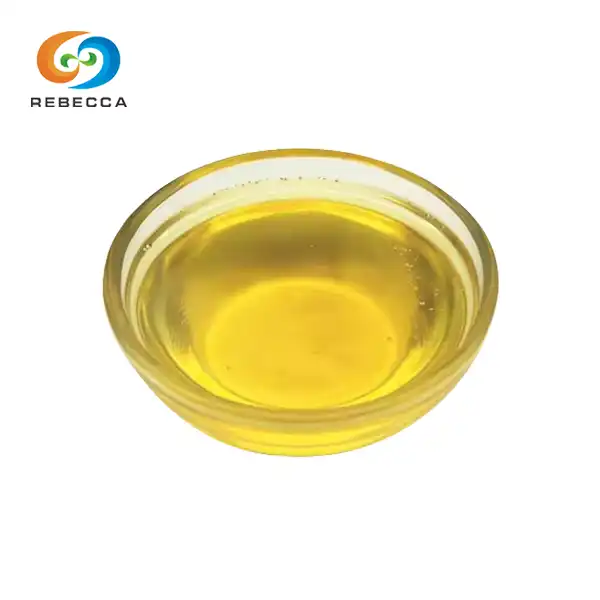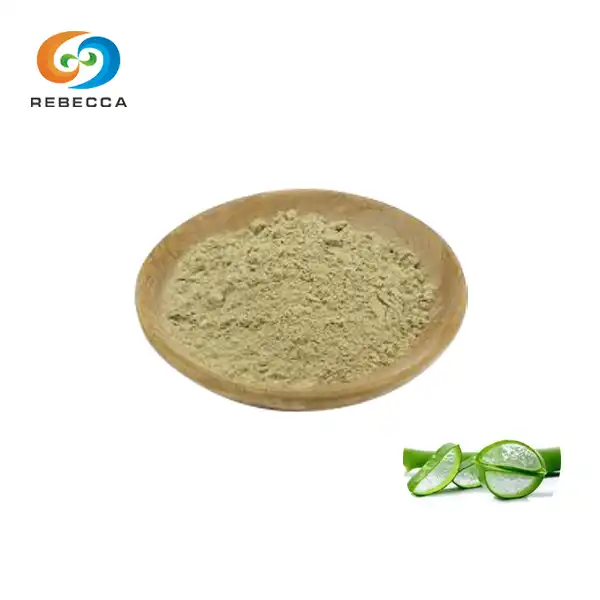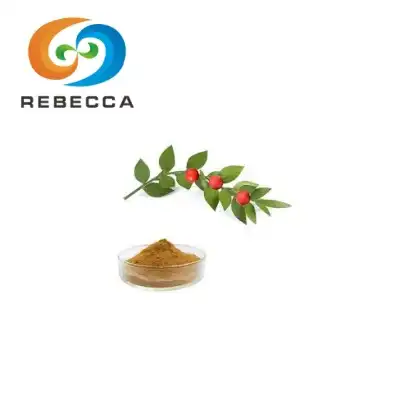What is propyl gallate used for?
propyl gallate powder, a powerful antioxidant with diverse applications, has become increasingly popular in various industries. From preserving food quality to enhancing the stability of cosmetics, this versatile compound plays a crucial role in many products we encounter daily.
_1730079799361.webp)
Propyl Gallate
【English name】: Propyl Gallate
【CAS No.】: 121-79-9
【Molecular Formula】:C10H12O5
【Plant Source】: Gallnut
【Active ingredients】: Propyl Gallate
【Specification】: Propyl Gallate 98%
【Appearance】: White to light beige powder
Food Industry: Propyl Gallate as an Antioxidant
In the food industry, propyl gallate shines as a potent antioxidant, helping to maintain the freshness and quality of various products. Its primary function is to prevent rancidity in fats and oils, which is essential for extending the shelf life of many food items.
Propyl gallate powder is commonly added to:
- Vegetable oils and animal fats
- Processed meats and poultry
- Baked goods and snack foods
- Chewing gum and candy
- Dairy products
By inhibiting oxidation, propyl gallate powder helps preserve the flavor, color, and nutritional value of these foods. This antioxidant property is particularly valuable in products with high fat content, as it prevents the development of off-flavors and unpleasant odors that can occur when fats break down over time.
The food industry benefits greatly from the use of propyl gallate, as it allows for longer storage periods and reduces food waste. This is especially important in today's global food supply chain, where products often need to travel long distances before reaching consumers.

Cosmetics: Enhancing Stability and Shelf Life
In the cosmetics industry, propyl gallate powder serves a similar purpose as in food applications – it acts as a powerful antioxidant to prevent the degradation of cosmetic formulations. This versatile ingredient is found in a wide range of personal care products, including:
- Moisturizers and lotions
- Lip balms and lipsticks
- Hair care products
- Sunscreens
- Fragrances
The inclusion of propyl gallate powder in these products helps to maintain their stability and extend their shelf life. By preventing oxidation, it ensures that the active ingredients remain effective and that the product's texture, color, and scent remain consistent over time.
Moreover, propyl gallate's antioxidant properties can contribute to the overall effectiveness of certain cosmetic products. For instance, in anti-aging formulations, it may help protect the skin from free radical damage, complementing other active ingredients designed to combat signs of aging.

Animal Feed: Improving Nutritional Value and Shelf Life
The benefits of propyl gallate extend beyond human consumption and personal care products. In the animal feed industry, this compound plays a vital role in preserving the quality and nutritional value of feed for livestock and pets.
Propyl gallate powder is often added to animal feed to:
- Prevent rancidity in fats and oils
- Maintain the nutritional value of vitamins and minerals
- Extend the shelf life of feed products
- Improve the palatability of feed
By protecting the fats and oils in animal feed from oxidation, propyl gallate helps ensure that the feed remains fresh and nutritious for longer periods. This is particularly important for feeds that contain high levels of unsaturated fatty acids, which are prone to oxidation and can quickly become rancid if not properly protected.
The use of propyl gallate in animal feed also contributes to the overall health and well-being of livestock and pets. By preserving the nutritional quality of the feed, it helps ensure that animals receive the full benefit of the vitamins, minerals, and other nutrients present in their diet.
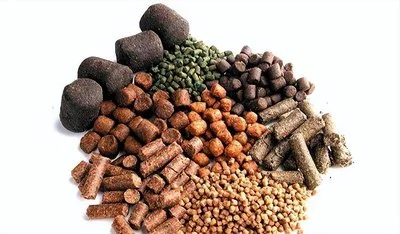
Versatility of Propyl Gallate
To fully appreciate the versatility of propyl gallate, it's essential to understand its chemical properties. Propyl gallate powder (C10H12O5) is a synthetic antioxidant derived from gallic acid, which is naturally found in plants such as oak bark and gallnuts. Its molecular structure allows it to effectively neutralize free radicals, which are unstable molecules that can cause oxidative damage to fats, oils, and other organic compounds.
The effectiveness of propyl gallate as an antioxidant is due to its ability to donate hydrogen atoms to free radicals, thereby stabilizing them and preventing them from initiating or propagating oxidation reactions. This process helps to maintain the integrity of the substances to which propyl gallate is added, whether it's food, cosmetics, or animal feed.
Safety Considerations and Regulations
While propyl gallate powder has been widely used for decades, it's important to address safety considerations and regulatory aspects. The compound has been extensively studied and is generally recognized as safe (GRAS) by the U.S. Food and Drug Administration (FDA) when used within specified limits.
In the United States, the FDA has established a maximum usage level of 0.02% of the fat or oil content in foods. Similarly, the European Food Safety Authority (EFSA) has evaluated propyl gallate and established acceptable daily intake (ADI) levels for its use in food products.
In cosmetics, the use of propyl gallate powder is regulated by various authorities worldwide, including the European Commission and the FDA. These regulations ensure that the compound is used at safe levels in personal care products.
Despite its widespread use and general safety record, some individuals may be sensitive to propyl gallate. As with any ingredient, it's important for consumers to be aware of their personal sensitivities and to read product labels carefully.
FAQ
Q1: Is propyl gallate natural or synthetic?
A: Propyl gallate is a synthetic antioxidant derived from gallic acid, which is found naturally in plants like oak bark and gallnuts. While its precursor is natural, the propyl gallate used in food, cosmetics, and animal feed is typically produced through chemical synthesis to ensure consistency and purity.
Q2: Can propyl gallate be used in organic products?
A: Generally, propyl gallate is not permitted in certified organic products due to its synthetic nature. Organic standards typically require the use of natural antioxidants. However, regulations may vary by country and certifying body, so it's always best to check specific organic standards for detailed information.
Q3: Are there any alternatives to propyl gallate?
A: Yes, there are both natural and synthetic alternatives to propyl gallate. Natural alternatives include tocopherols (vitamin E), rosemary extract, and ascorbic acid (vitamin C). Other synthetic antioxidants include BHA (butylated hydroxyanisole) and BHT (butylated hydroxytoluene). The choice of antioxidant depends on factors such as the specific application, desired properties, and regulatory requirements.
Propyl Gallate Supplier: Rebecca Bio-Tech
As we've explored the diverse applications of PG, it's clear that this versatile compound plays a crucial role in preserving and enhancing a wide range of products. For businesses seeking high-quality PG powder, Rebecca Bio-Tech stands out as a trusted supplier.
Rebecca Bio-Tech specializes in the production, research and development, and sales of plant extracts. With a focus on natural herbal extracts, the company caters to customers worldwide in the pharmaceutical, health products, beverage, and cosmetic industries.
Their propyl gallate powder (CAS No. 121-79-9) is derived from gallnut and boasts a high purity level of 98%. The white to light beige powder is carefully produced to meet the stringent quality standards required by various industries.
With three production lines and an annual production capacity of over 500 metric tons, Rebecca Bio-Tech is well-equipped to meet the demands of businesses large and small.
To learn more about Rebecca Bio-Tech's propyl gallate and other plant extracts, or to request a quote, please contact their team at information@sxrebecca.com. Their experts are ready to assist you in finding the right solutions for your antioxidant needs, ensuring your products maintain their quality and effectiveness for longer periods.
References
1. U.S. Food and Drug Administration (FDA). (2024). Food Additives Status List. U.S. Department of Health and Human Services.
2. European Food Safety Authority (EFSA). (2014). Scientific Opinion on the re-evaluation of propyl gallate (E 310) as a food additive. EFSA Journal, 12(5):3642.
3. Joint FAO/WHO Expert Committee on Food Additives (JECFA). (2001). Evaluation of Certain Food Additives and Contaminants. WHO Technical Report Series No. 901. World Health Organization, Geneva.
4. International Programme on Chemical Safety (IPCS). (1998). Propyl Gallate: Concise International Chemical Assessment Document. World Health Organization.
5. Pokorný, J. (2007). Are natural antioxidants better – and safer – than synthetic antioxidants?
